As far as drinks that have transcended hipster status go, kombucha is right up there with green juice and coconut water. With even convenience stores and gas stations carrying the stuff these days, it’s safe to say kombucha has officially gone mainstream—and, in the process, gained a rep as a health tonic for everything from gut trouble to lifeless skin.
But is the slightly sour-tasting drink really a magic health potion—or just another health fad? Given today’s surge in all sorts of wellness products( and the growing research on the benefits of probiotics on many aspects of health), kombucha is here to stay, says Beth Warren, RD, dietitian and author of Secrets of a Kosher Girl. In the age of pills and supplements, “kombucha is a major source of whole-food probiotics,” she says.
Quick refresher: Kombucha is a mixture of black or green tea and sugar that’s fermentedwith the help of a SCOBY (short for symbiotic colony of bacteria and yeast). Basically a blob of live bacteria that sits on top of the tea mixture, the SCOBY turns kombucha into the carbonated beverage you know and (maybe) love.
Though there are dozens of flavors of kombucha out there, people generally describe the brew as “rather effervescent with a slight vinegary and tea taste,” says Keri Gans, RD, dietitian and author of The Small Change Diet.
Kombucha fans claim the slightly nose-stinging stuff does everything from help with weight loss and boost energy, to lower blood pressure and (yes, really) even prevent cancer, says Gans.
So what are the kombucha health benefits I should know about?
Honestly, it would be pretty much impossible for kombucha to live up to every single health claim associated with it. (If it did, you’d be shelling out way more than $4 per bottle.)
So far, research on the drink is pretty scant. Example: Though one study on mice found that the bubbly brew could help lower both cholesterol and blood sugar, researchers haven’t replicated these findings in humans yet.
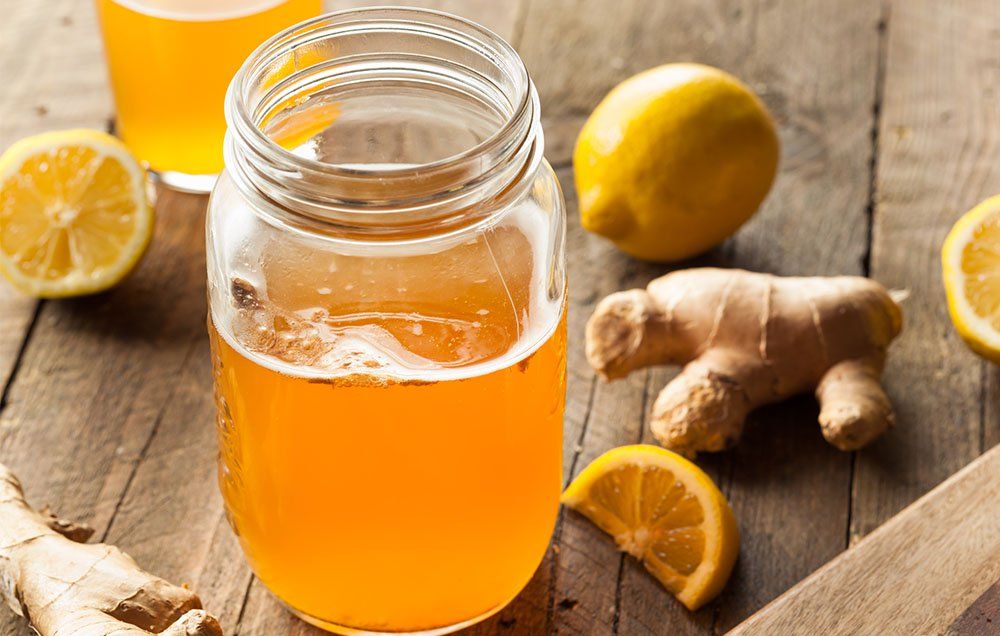
Still, if you break down all the components in the drink, you’re still looking at some pretty promising health benefits, says WH advisor Samantha Nazareth, MD, a gastroenterologist who practices in New York City.
1. Kombucha’s probiotics are good for your gut. Like other fermented foods, such as kimchi and sauerkraut, kombucha contains probiotics, beneficial bacterial that have been linked to gut health, says Nazareth. Having the right balance of these microbes in your gut helps with immunity, digestion and balancing blood sugar.
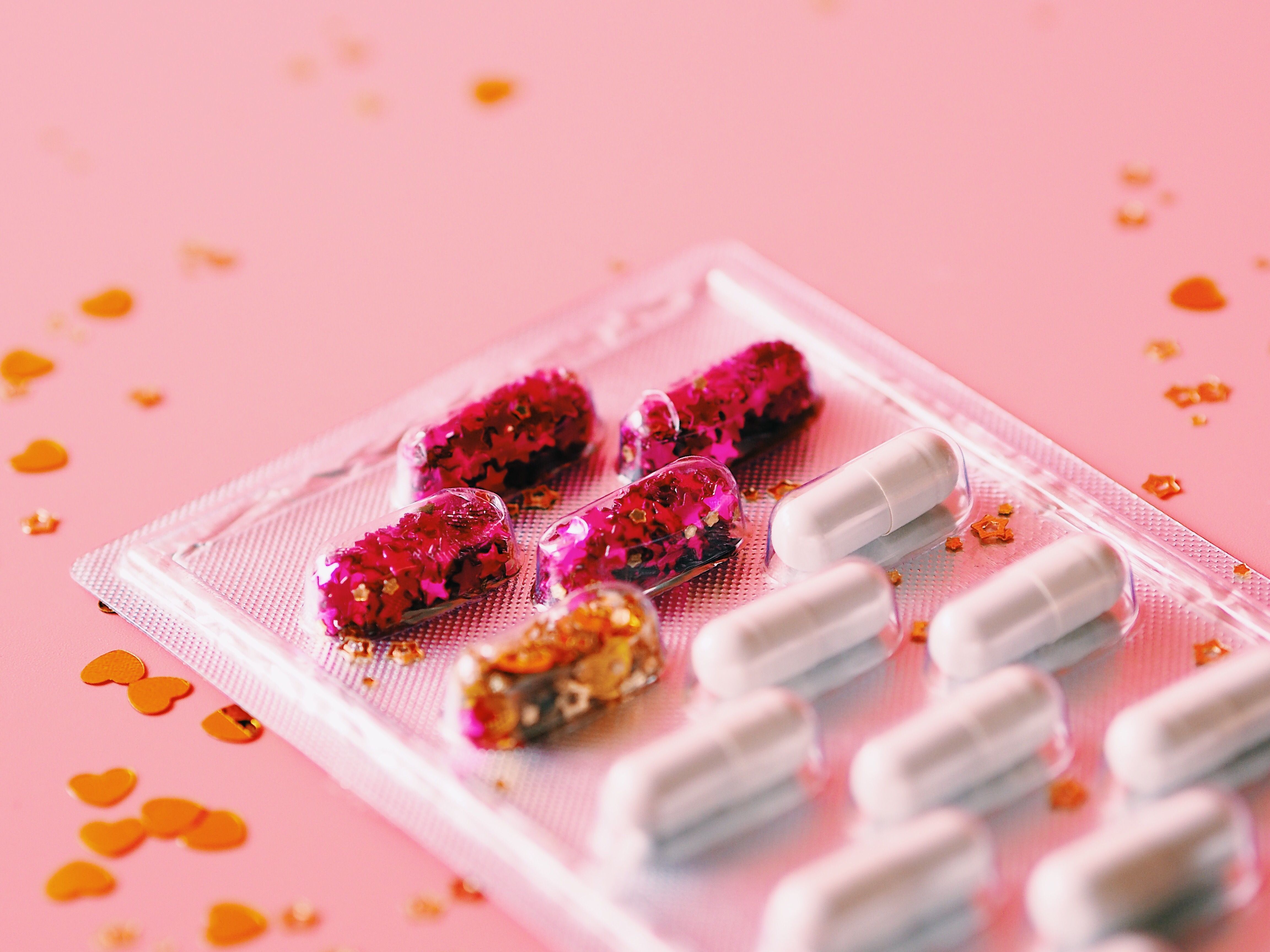
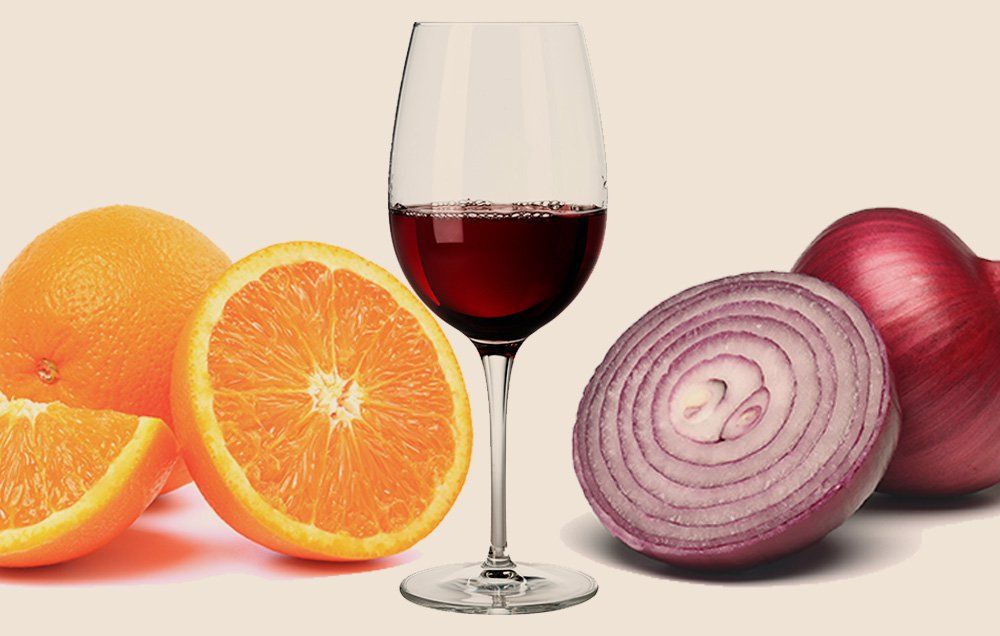

Kombucha’s probiotics come from its sugar and the yeast in the SCOBY. Though they’re different than those you’ll find in fermented cabbage, the benefit is likely similar, notes Nazareth.
2. Kombucha’s antioxidants may help fight disease. Since kombucha is made with green or black tea, it’s rich in polyphenols, powerful antioxidants that fight free radicals and repair damaged cells, says Nazareth. Tea polyphenols may even protect against some forms of cancer and cardiovascular disease, according to research published in Critical Reviews of Food Science and Nutrition.
Tea also contains antioxidants flavonoids, which have been associated with a lower risk of cancer, notes Gans.
3. The acetic acid in kombucha helps fight bad bacteria. Kombucha gets its slightly vinegar-y flavor from acetic acid, an anti-microbial agent found in vinegars like apple cider vinegar (a.k.a. ACV). The acid can help fight off bad bacteria that enter our systems when you eat, says Nazareth.
4. Drinking kombucha may help you kick your soda habit. Whether you love soda’s bubbles or sweetness (or both), fizzy and flavorful kombucha can be a great better-for-you option when the craving strikes. “If someone replaces their daily high-sugar soda with a lower-sugar, probiotic-packed kombucha, then that is a win-win,” says Gans.
5. Kombucha might be good for your waistline, too. Full disclosure: Some promising research supports this claim, but it’s not super robust. After an older study found that obese women who took green tea extract lost more weight than those who didn’t, experts began wondering whether tea-based kombucha might also have weight-related benefits. “It is hypothesized that kombucha made with green tea, specifically, may have a similar effect on weight loss,” says Warren. But, of course, research on kombucha itself will truly confirm the theory.
6. Kombucha’s probiotics can help your skin glow. You already know that kombucha’s probiotics can help balance out your gut—and those balancing benefits can carry over to your complexion, too. In fact, according to Warren, as probiotics nourish the gut microbiome, they can help with inflammatory skin conditions like acne and eczema. However (as with kombucha’s potential impact on weight), more research is needed to understand its true skin benefits, Warren says.
So I should grab a bottle right now?
With so many nutritional hard-hitters, it’s tempting to have a daily ‘booch, but you might not want to chug bottles every day.
“Compared to soda, it’s a better choice, but know you’re still getting some sugar.”
When people first started drinking kombucha thousands of years ago, they took it as a shot, multiple times a day, says Nazareth. That was probably a good idea, considering the Centers for Disease Control recommends sticking to less than 12 ounces a day. (Most bottles contain 16 ounces, FYI.)
How come? According to the Mayo Clinic, drinking a lot of kombucha may lead to stomach upset.
Another reason not to overdo it: Kombucha does contain sugar (often about six or seven grams per serving). Drink a full bottle (two servings), and you’ve downed 14 out of the25 grams of sugar you’re supposed to consume per day, says Nazareth. (Still, a significantly better option than soda.)
To minimize the sugar issue, “look for brands that have less than four grams of sugar per serving, and drink them in small amounts,” says WH advisor and integrative physician Frank Lipman, MD, founder of the Eleven Eleven Wellness Center in New York City.He recommends mixing kombucha with a seltzer water to further dial down the sugar content.
Also good to know: Because kombucha is fermented it does contain traces of alcohol, (some brands more than others), says Gans. It also it contains caffeine, which can make you anxious or unable to sleep if you chug too much.
Curious? Try one of these kombucha brands.
If you’re intrigued by kombucha’s funky flavor and potential benefits, Gans recommends trying one of the following quality kombucha brands on for size.
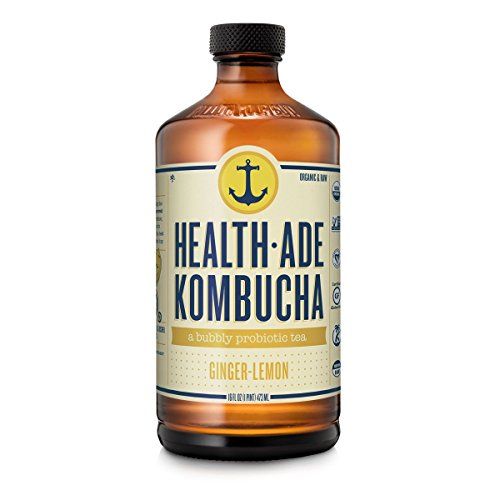
Health-Ade comes in a slew of different flavors, but its Ginger-Lemon option is one of the most popular. It’s organic, low in sugar (five grams per eight-ounce serving), and comes in glass to avoid leaching from metals or plastics.
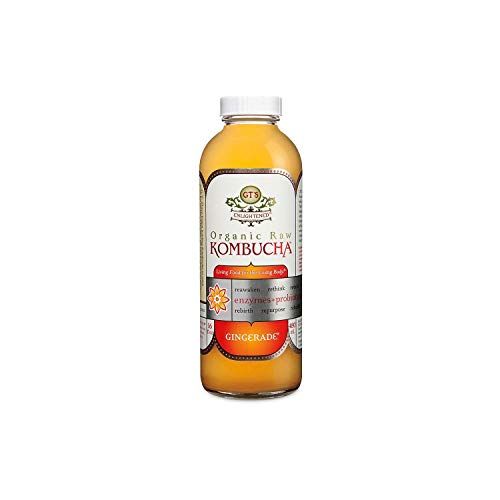
GT’s has been in the kombucha game since before it was cool, and you probably recognize their label even if you’ve never tried their kombucha. Their kombucha is organic, low in calories, and fairly low in sugar (the ginger version has eight grams per eight-ounce serving).
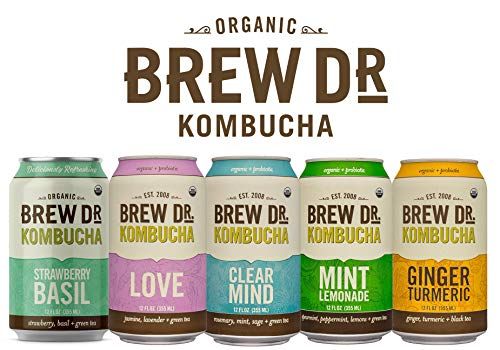
With fun flavors like Mint Lemonade and Strawberry Basil, Brew Dr. is another organic, low-sugar kombucha brand worth trying.
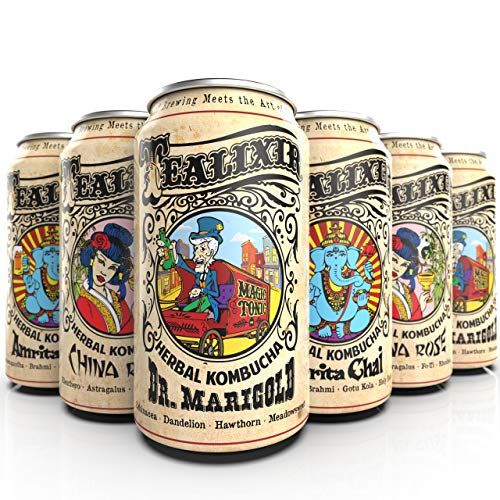
Rooted in traditional herbal medicine, Tealixer offers up a variety of free-trade, non-GMO kombuchas with unique flavors, like Amrita Chai.
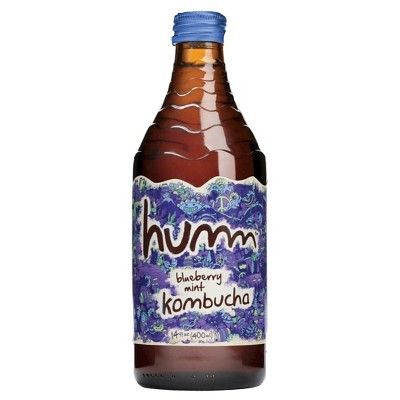
Like many other brands, Humm has a slew of flavors to choose from. (The Blueberry Mint is definitely worth trying.) It’s another organic pick that keeps sugar low (six grams per eight-ounce serving).
The bottom line: Though people claim kombucha can do everything, we still have a lot to learn. However, we do know that it’s packed with healthy bacteria and a great alternative to sugary drinks like soda. You don’t need to drink it daily, but go a head and grab a bottle the next time a sweet craving strikes.
Source: Read Full Article